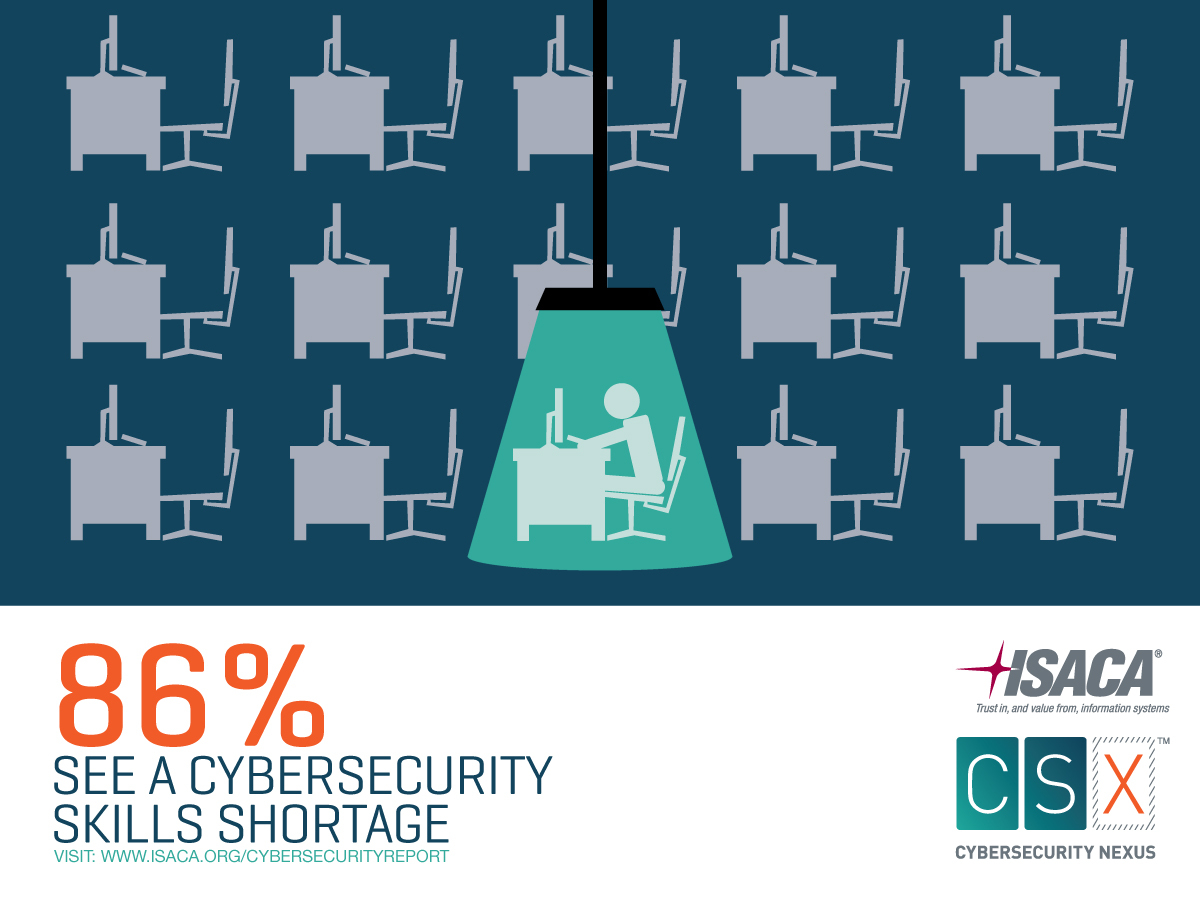INTRODUCTION
Hey there! We’re so excited to share a fresh, unique perspective on Bits N’ Bytes. This week, we welcome Mrs. Marcie Faust, who shares her experiences with being a parent and a technology coordinator for Deerfield Public School District 109. Mrs. Marcie Faust specializes in coaching teachers toward implementation of effective technology integration while leading these teachers toward innovative teaching practices in a 21st-century classroom. Equipped with wisdom from her 10+ years of teaching experience, her passion for Edtech, and 11 years of parenting experience, Mrs. Marcie Faust shares her professional opinions here on the role of parents in their children/students’s digital lives. We know you will enjoy her perspective! Read on:
ACCOUNT SUSPENDED
Last year, on a lazy Saturday morning, my phone lit up with a notification for a new email message in my inbox. Out of the corner of my eye, I caught the subject line: Account SUSPENDED.
“Account suspended?” I questioned as I opened up the email. In the body of the message, I learned that my child’s account for an online gaming website targeting elementary-aged students had been suspended because of “inappropriate behavior.”
I would love to tell you that I calmly called my children over to me to have a serious yet meaningful conversation about appropriate use and explain the natural consequences for the inappropriate behavior, but that’s not at all how I reacted.
I completely lost my mind.
Once the guilty child came clean and I calmed down, I reflected on how I could have handled the situation differently. I quickly realized that even as an educator who focuses on ensuring that we teach digital citizenship in our schools, I was not doing my part at home. The conversation about appropriate online behavior is something that needs to happen far more often. I knew better.
Much like driving school and swimming lessons, children learn these life skills by practicing in between instruction. We would never send our children to take a solo driving trip or to swim without a flotation device without ample opportunities for practice. Why should digital citizenship be any different?
Grateful for the email notification that alerted me of my child’s misbehavior, I took my experience as a wake-up call and immediately began implementing digital citizenship practices at home in the following ways:
- Be watchful – When my children are on their screens, I constantly check in and ask them what they are watching, reading or doing. I also insist that technology stays on the main floor of our house and never goes into bedrooms so that I can keep a pulse on their activity. This one is a work in progress for me, but I am getting better at keeping a watchful eye!
- Be open – Although we only sit down for a full family dinner 1-2 times per week, I use the time to tell my children about situations that I know about or have read about that relate to digital citizenship. We have talked about online bullying, sexting, intellectual property violations and cell phone misuse. I treat these conversations much like when we talk about the consequences of drug and alcohol abuse. Kids need to know what can happen to them if they make poor choices using technology.
- Be tough – Kids are going to make mistakes, and that is actually a very good thing! Younger kids who make these mistakes have a better chance of not making even bigger mistakes when they get older. As a parent, I unapologetically give consequences that will discourage my kids from making that same mistake twice.
While I take responsibility as a parent to educate my children about their own digital citizenship and safety, I recognize that this is a community effort and involves our educators, too. We will need continued partnerships between parents and schools to help our children navigate their experiences growing up in the digital age. With stronger partnerships and ongoing education, we can better prepare our youth to become good digital citizens.
This post was prepared and accomplished by Mrs. Marcie Faust in her personal capacity. The opinions expressed in this article are the author’s own and do not reflect the view of any specific organization.
 ABOUT THE AUTHOR
ABOUT THE AUTHOR
Marcie Faust is a school district leader who is passionate about redefining educational experiences in the modern-day classroom. She believes in authentic, connected learning to prepare students for their futures. Marcie currently serves as the Director for Innovative Learning for Deerfield Public Schools District 109 in Deerfield, Illinois where she is also the program director for the Deerfield 109 early childhood program. In addition to these roles, Marcie is a mom to three children ages 11, 8, and 5.
Twitter: @mfaust


